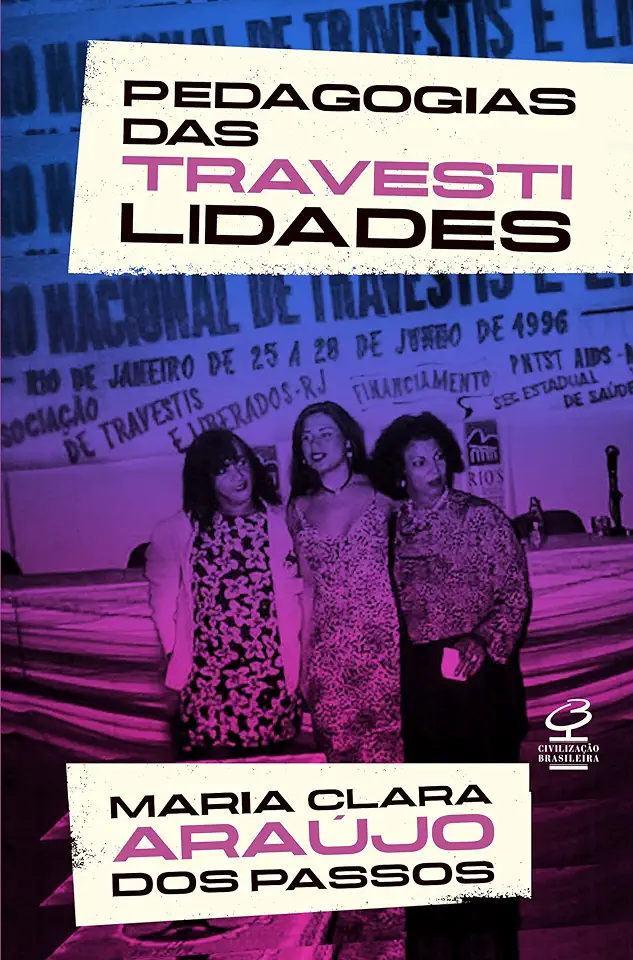
Pedagogies of Travestis - Maria Clara Araújo dos Passos
Pedagogies of Travestis: A Radical Approach to Education and Social Justice
Introduction
In "Pedagogies of Travestis," Maria Clara Araújo dos Passos offers a groundbreaking exploration of the experiences and contributions of travestis—transvestite sex workers—in Brazil. Drawing on extensive ethnographic research, Passos argues that travestis' unique perspectives and lived experiences offer valuable insights into the intersections of gender, sexuality, race, and class in contemporary society.
Travestis and Education
Passos begins by examining the educational experiences of travestis in Brazil. She finds that travestis face significant barriers to education, including discrimination, violence, and lack of access to resources. Despite these challenges, travestis often develop their own strategies for learning and survival, such as forming supportive communities and engaging in informal education.
Travesti Pedagogies
Passos argues that travestis' experiences and knowledge can be harnessed to create more inclusive and transformative educational practices. She proposes a "travesti pedagogy" that centers the voices and experiences of travestis and other marginalized groups. This pedagogy emphasizes the importance of lived experience, critical consciousness, and collective action.
Travestis and Social Justice
Passos concludes by exploring the potential of travestis' contributions to social justice movements. She argues that travestis' experiences of discrimination and marginalization give them a unique understanding of the mechanisms of oppression and resistance. Travestis can play a vital role in building more just and equitable societies by sharing their knowledge and experiences with others.
Why You Should Read This Book
"Pedagogies of Travestis" is a must-read for anyone interested in education, social justice, and the experiences of marginalized groups. Passos' groundbreaking research offers a new perspective on the intersections of gender, sexuality, race, and class, and her insights have the potential to transform educational practices and social justice movements.
Conclusion
"Pedagogies of Travestis" is a powerful and provocative book that challenges us to rethink our assumptions about gender, sexuality, and education. Passos' work is a valuable contribution to the fields of education, sociology, and gender studies, and it is sure to inspire and inform readers for years to come.